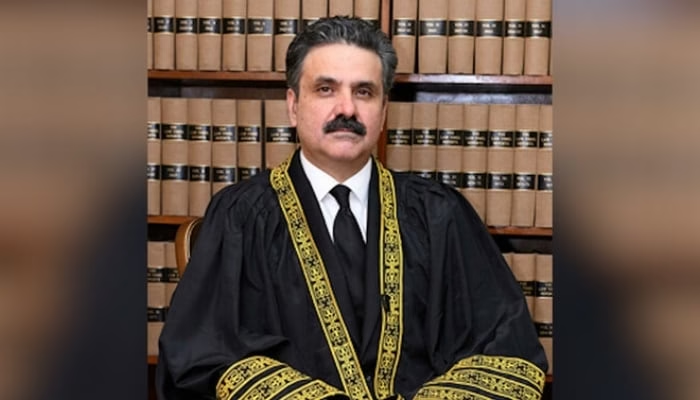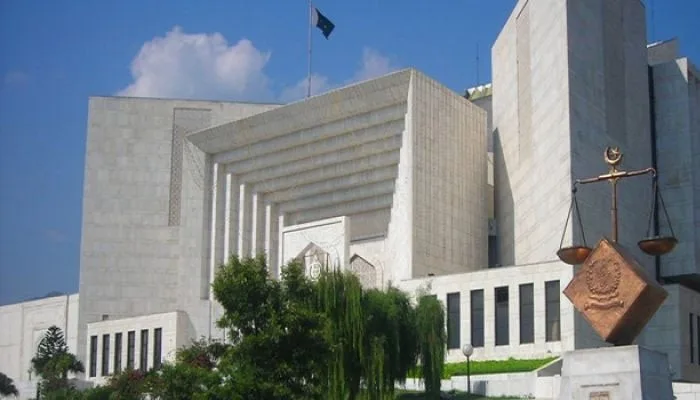Chief Justice of Pakistan, Justice Yahya Afridi, has addressed the nation’s concerns over escalating tensions with India, emphasizing the judiciary’s commitment to upholding justice and implementing reforms to enhance efficiency and transparency.
Addressing Regional Tensions
Speaking to court reporters in Islamabad, Chief Justice Afridi acknowledged the public’s anxiety over the strained relations between Pakistan and India. He expressed hope for a peaceful resolution, stating, The people are stressed due to the tension between Pakistan and India, and God willinQôg, everything will be fine.
National Judicial Policy on Enforced Disappearances
Chief Justice Afridi highlighted the judiciary’s focus on addressing cases of enforced disappearances. He mentioned that while lawyers have been consulted on the matter, the government has yet to respond. He emphasized the need for a comprehensive national judicial policy to tackle this pressing issue.
Judicial Reforms and Technological Integration
In a bid to modernize the judicial system, Chief Justice Afridi announced plans to introduce double shifts in the district judiciary. Judicial officers who voluntarily work additional shifts will receive a 50% salary increase. This initiative aims to expedite case resolutions and reduce the backlog of pending cases.
Drawing inspiration from Turkey’s extensive use of technology in its justice system, Chief Justice Afridi revealed that Pakistan has signed Memorandums of Understanding (MoUs) with Turkey, China, Iran, and Bangladesh to enhance technological integration within the judiciary. He emphasized the importance of adopting artificial intelligence (AI) and other digital tools to improve judicial efficiency.
Transition to Paperless Courtrooms
Highlighting the judiciary’s commitment to environmental sustainability and efficiency, Chief Justice Afridi announced that from June 15 to July 31, the Supreme Court will transition to paperless courtrooms. This move will reduce reliance on physical documents and streamline court proceedings.
Reducing Case Backlogs
Chief Justice Afridi reported a significant reduction in pending cases, with the number now standing at 56,000. To further address this issue, three benches have been established to prioritize criminal cases, including death penalty appeals and life sentences.
International Collaboration and Judicial Diplomacy
During his recent visits to China and Turkey, Chief Justice Afridi participated in the 20th Conference of Chief Justices of the Supreme Courts of Shanghai Cooperation Organisation (SCO) member states. He emphasized the transformative role of technology in enhancing judicial efficiency and transparency. Additionally, he held bilateral discussions with his Iranian counterpart to explore avenues for judicial collaboration.
Chief Justice Yahya Afridi’s proactive approach to judicial reforms, technological integration, and international collaboration underscores the judiciary’s commitment to upholding justice and addressing the nation’s challenges. As Pakistan navigates regional tensions and domestic issues, these initiatives aim to strengthen the rule of law and enhance public confidence in the judicial system.



